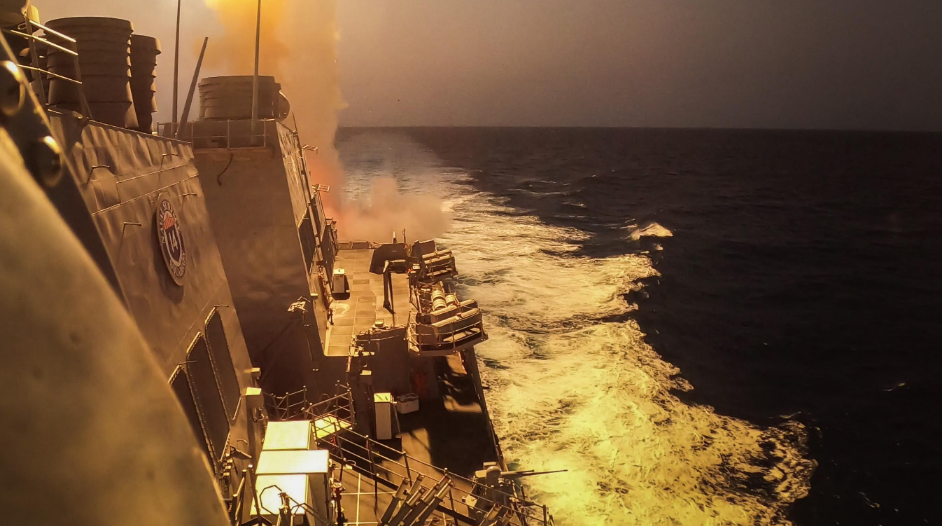The rebels claim to be targeting ships linked to Israel, the United States, and the United Kingdom.
Others are reading now
The European Union has launched a high-stakes rescue operation in the Red Sea to prevent a potential ecological disaster following an attack on the Greek-flagged oil tanker Sounion.
A Fire on Board
The tanker, which was carrying 150,000 tons of crude oil, was attacked by Houthi rebels off the coast of Yemen last month. The assault caused a fire on board the vessel, leading to widespread concerns of a massive oil spill that could devastate the region’s marine ecosystem, according to Ziare.
The EU operation, dubbed “Aspides,” aims to secure the tanker and prevent an environmental catastrophe.
In the aftermath of the attack, the Sounion’s crew, composed of 25 Filipino and Russian sailors, along with four private security agents, was safely evacuated by a French naval ship. However, the Houthi rebels detonated explosives on the ship, significantly intensifying the risk of an oil spill.
Also read
The EU’s rescue mission involves a coordinated effort by naval vessels and special forces, working around the clock to stabilize the damaged ship.
Retaliations for Actions in Gaza
The Greek tugboat Aigaion Pelagos is towing the Sounion northward, accompanied by military escorts, including three frigates and helicopters. The crew responsible for the rescue is operating under extreme conditions, with onboard temperatures reaching up to 400 degrees Celsius due to the fire.
Despite these challenges, the salvage team has managed to secure the tanker to the tugboat, according to reports from Greek news agency ANA-MPA.
The scale of the potential disaster is alarming, as the Sounion is carrying three times the amount of crude oil that was spilled in the infamous Exxon Valdez disaster in 1989. An oil spill of this magnitude in the Red Sea could have devastating environmental and economic consequences, affecting marine life and local industries.
This attack is part of a broader pattern of Houthi assaults on commercial vessels in the Red Sea. The rebels claim to be targeting ships linked to Israel, the United States, and the United Kingdom as part of their retaliation for military actions in Gaza.
However, many of the ships attacked have had no direct connection to these countries, raising concerns about the rebels’ ability to identify their targets accurately. The ongoing threat has led the EU to establish a naval force in the region to protect commercial ships from similar attacks.

